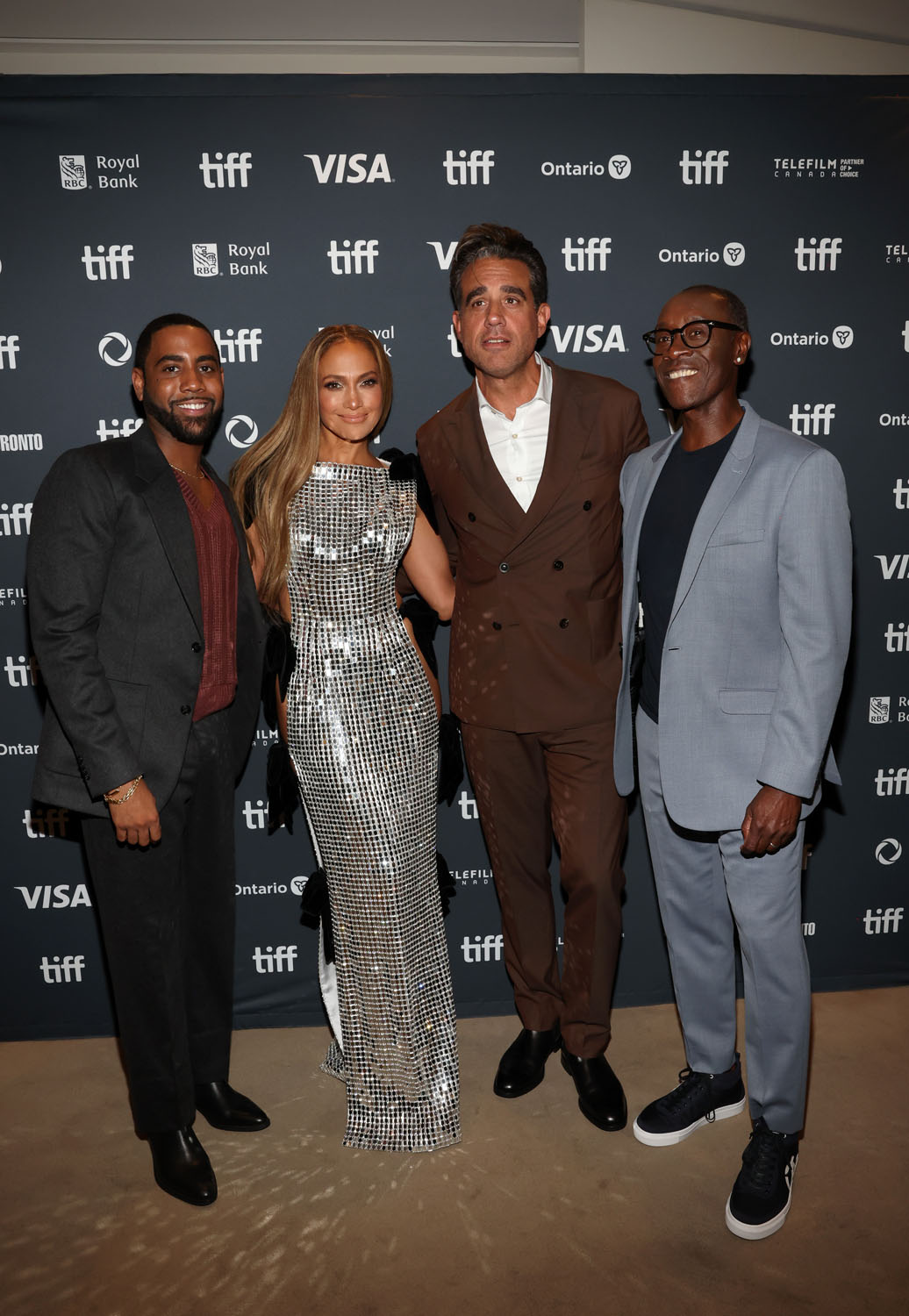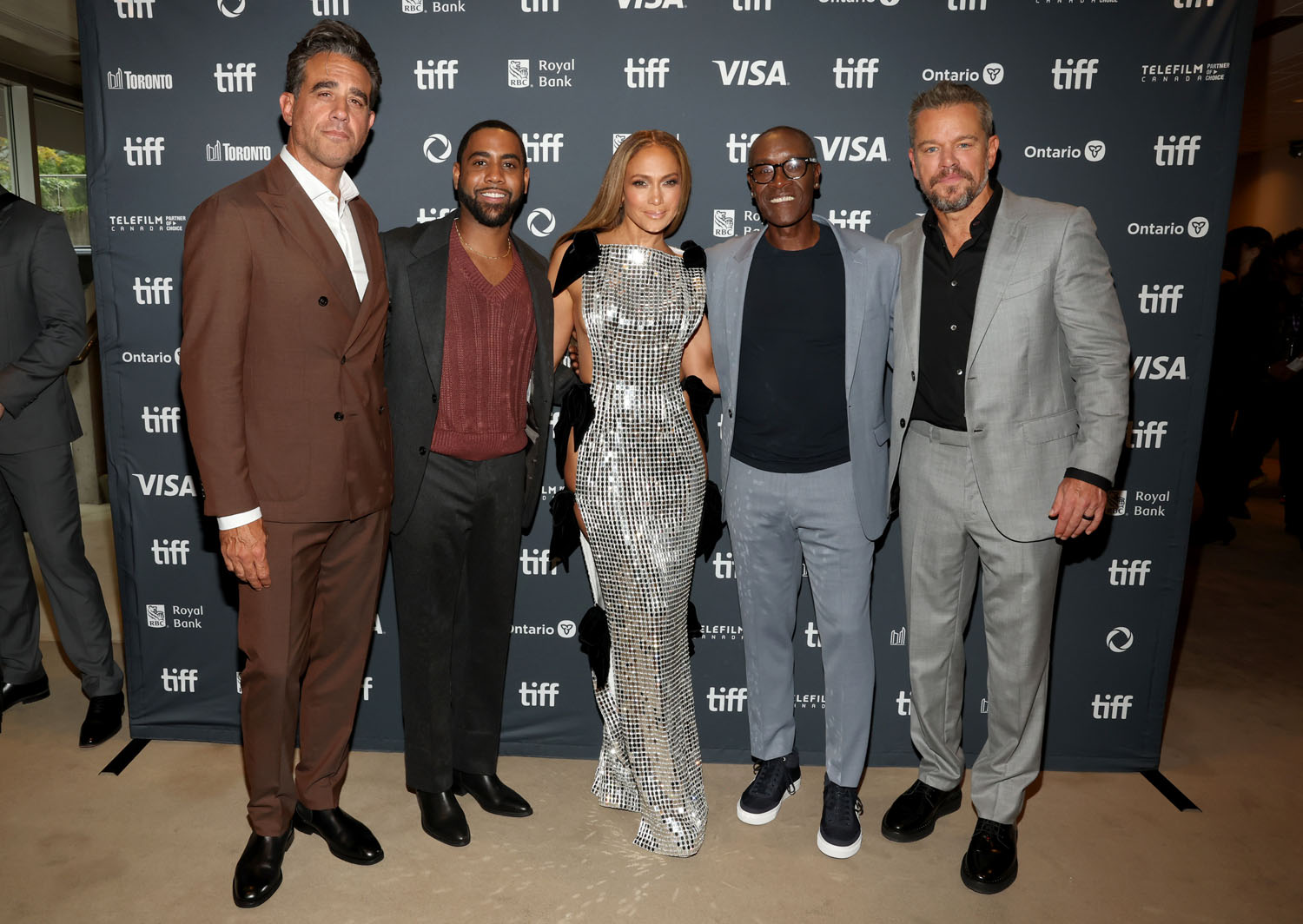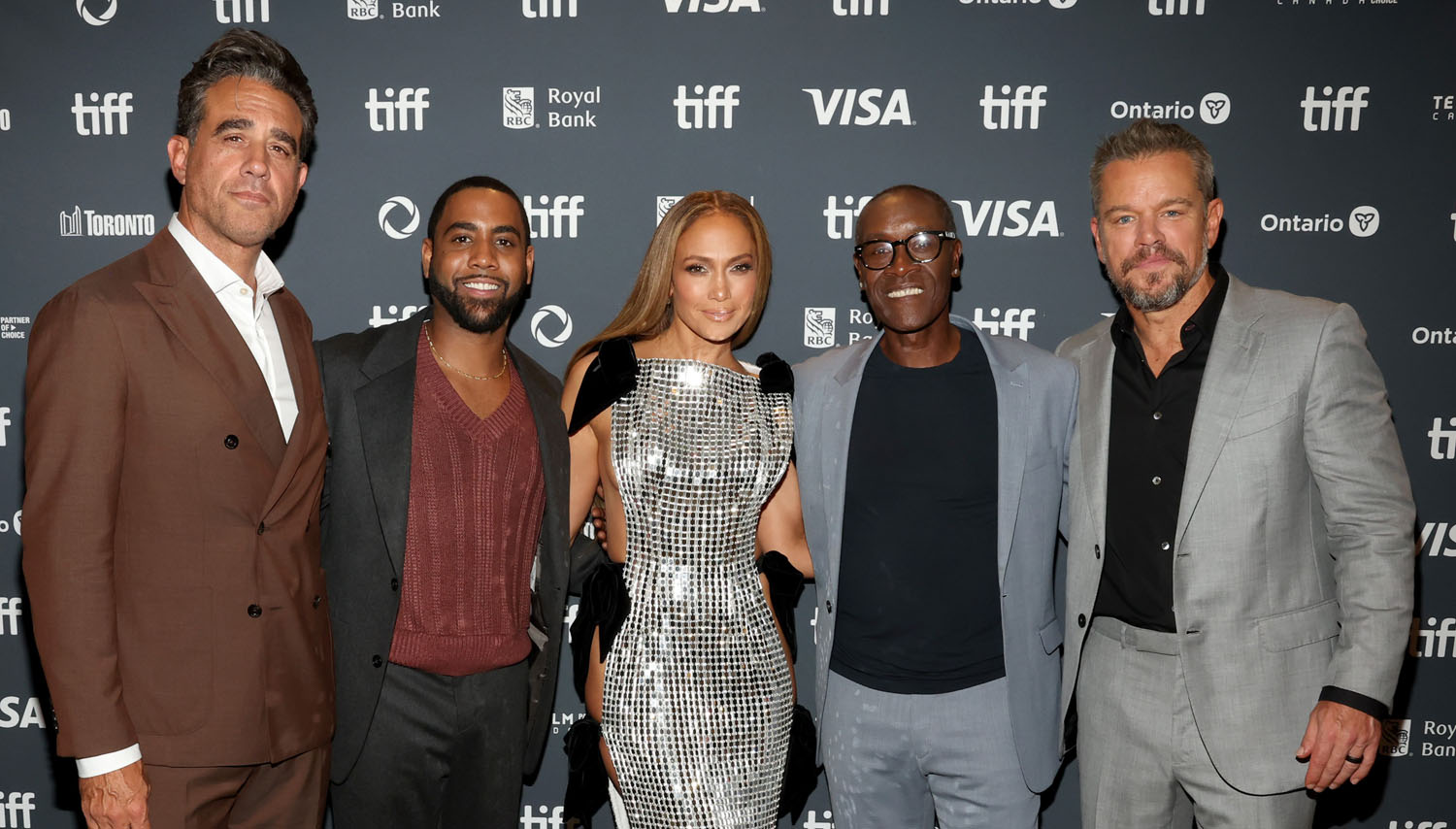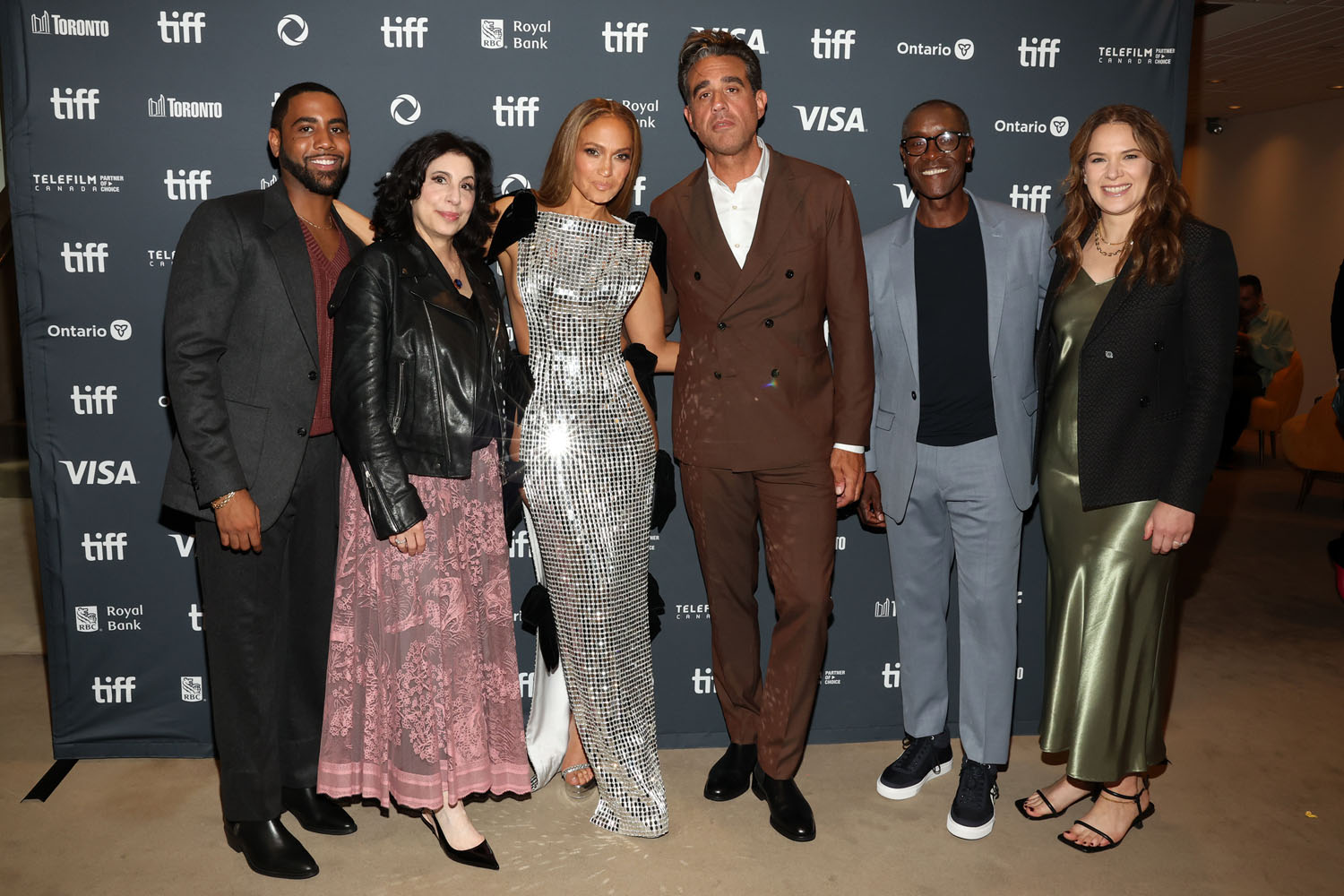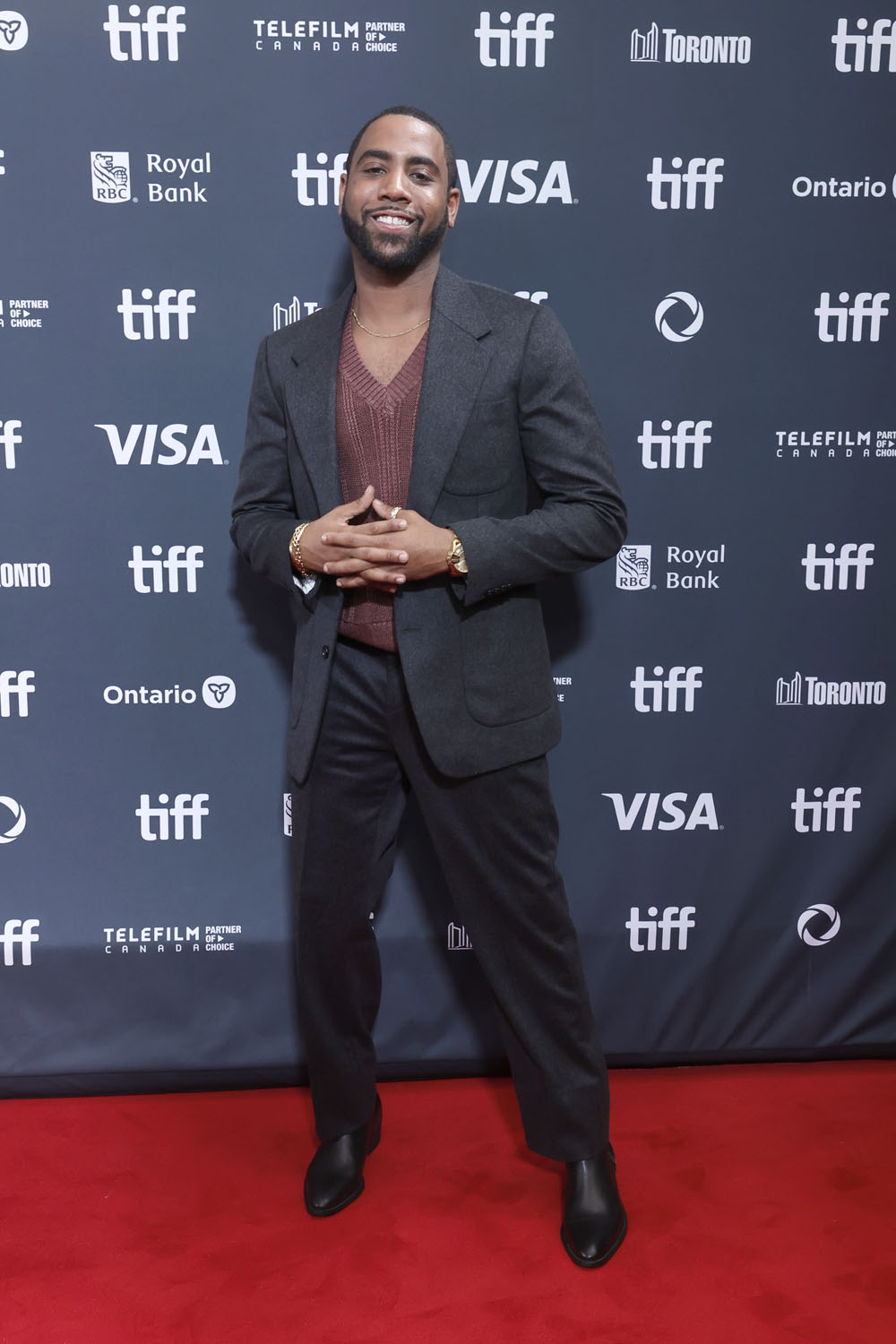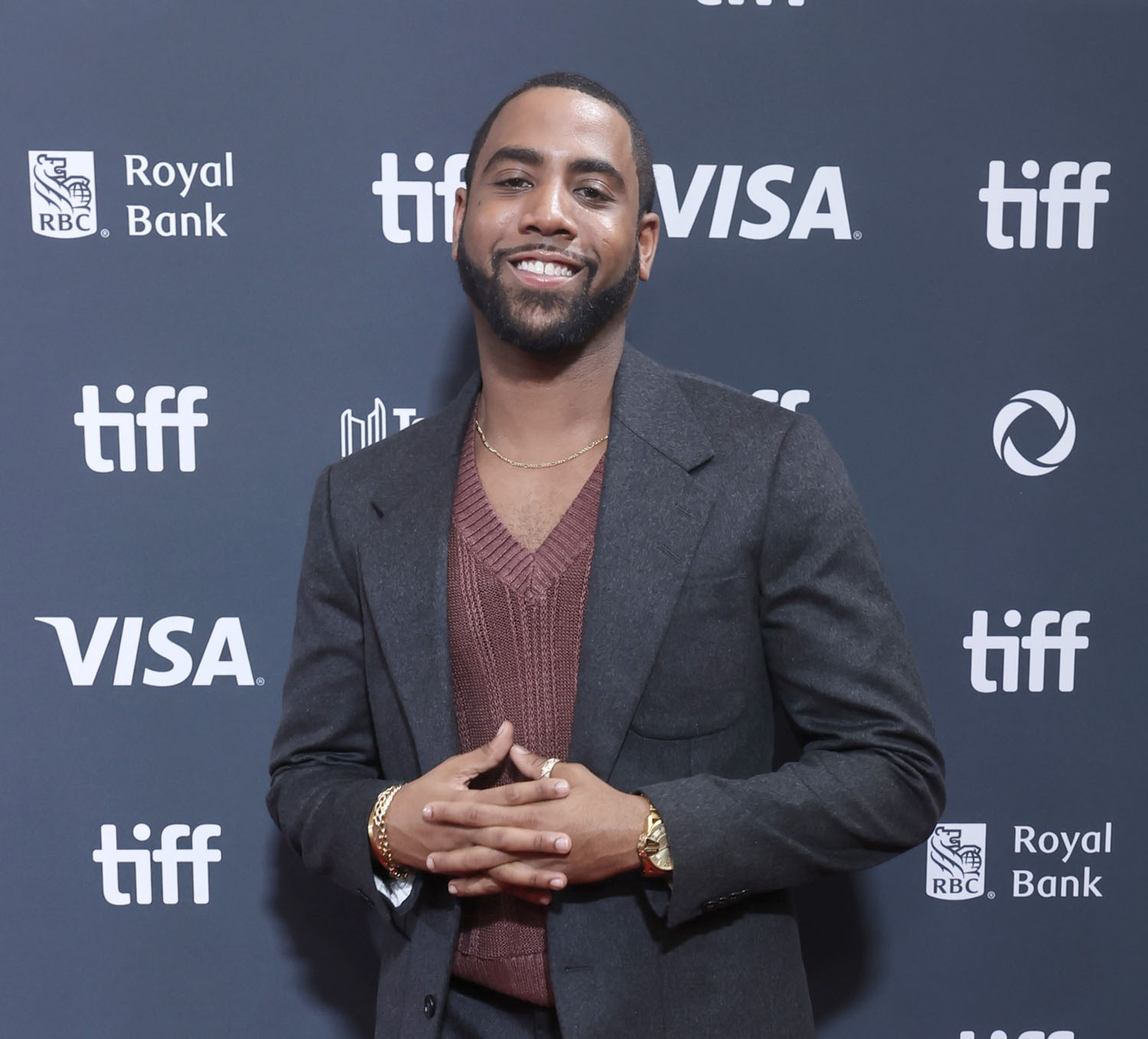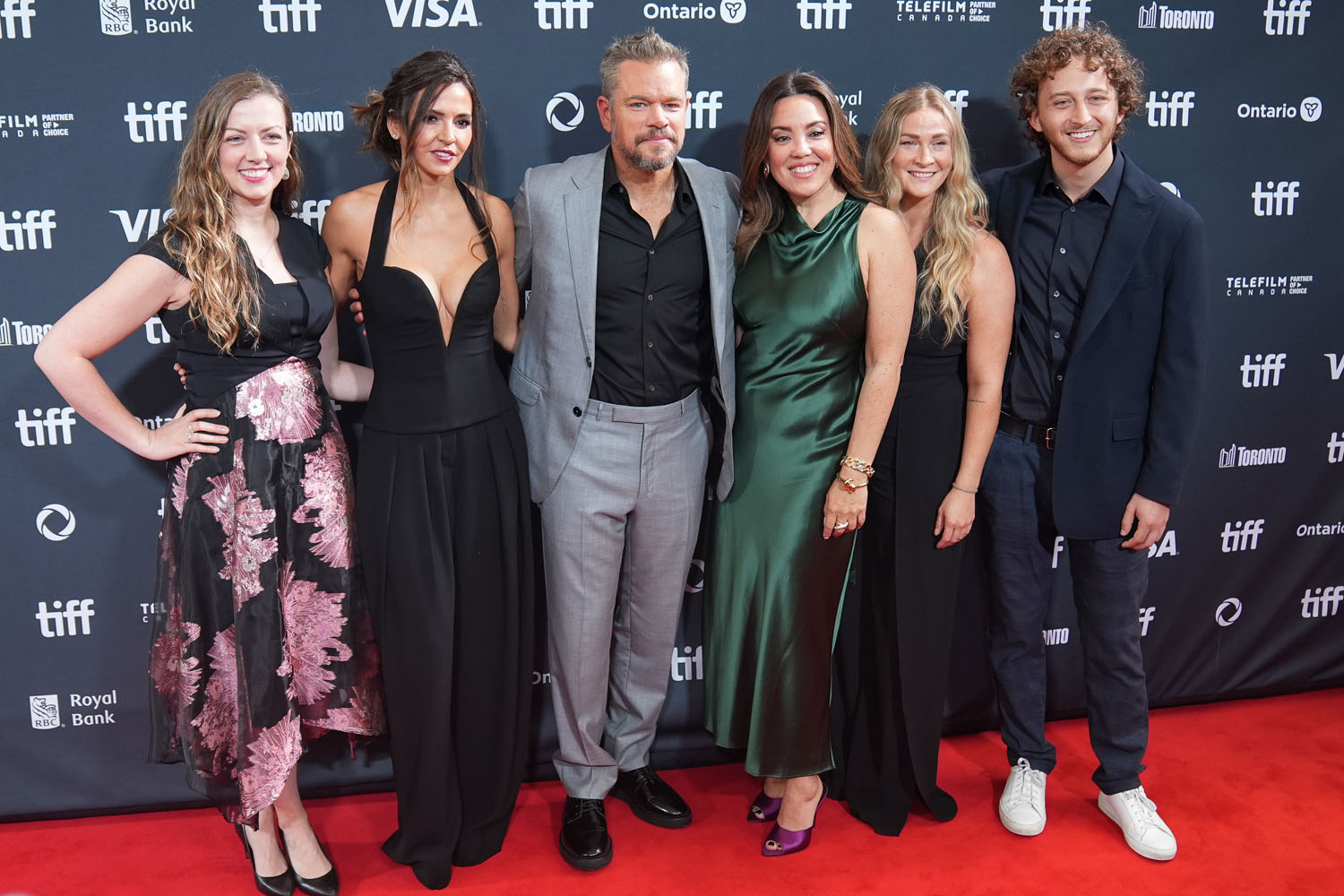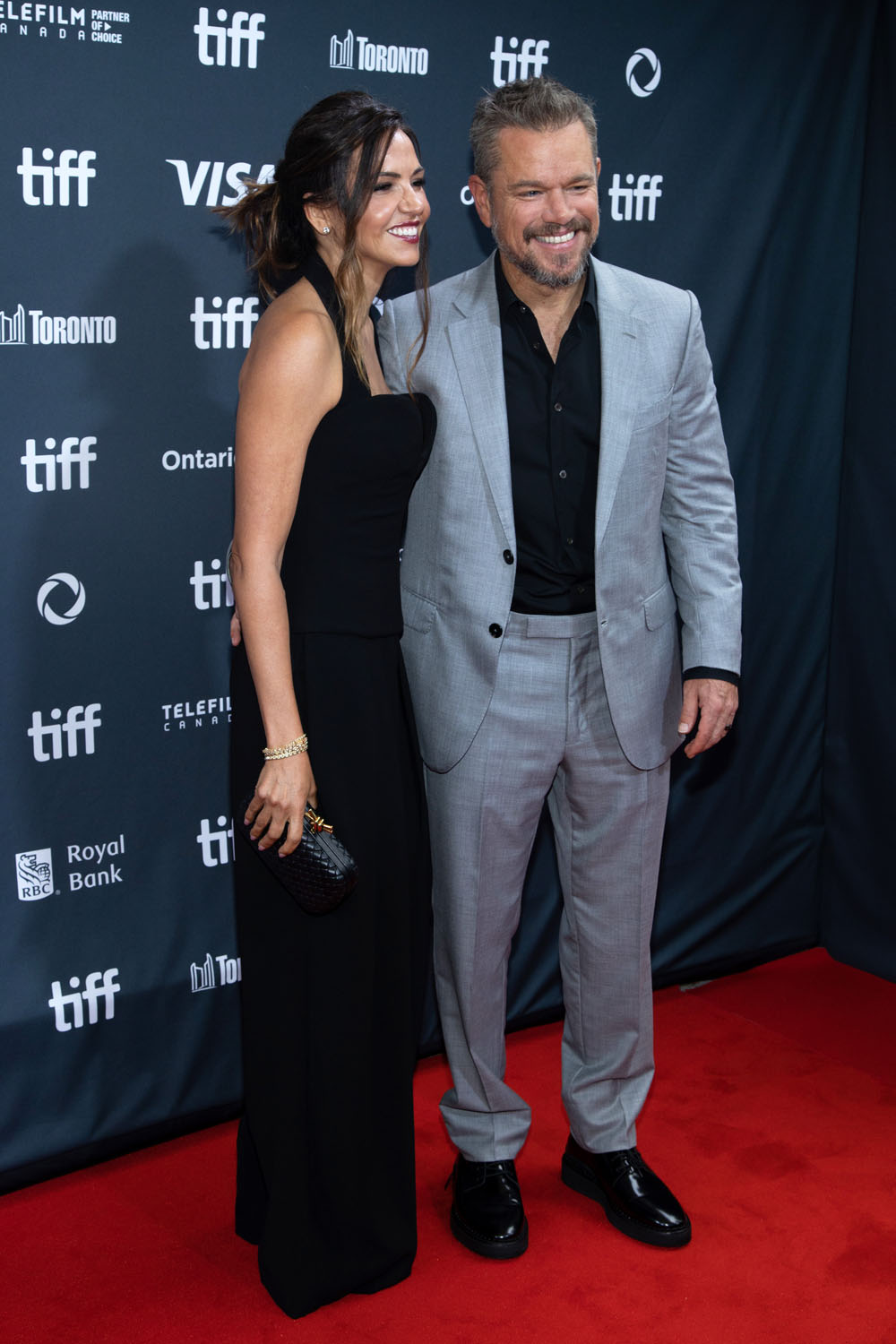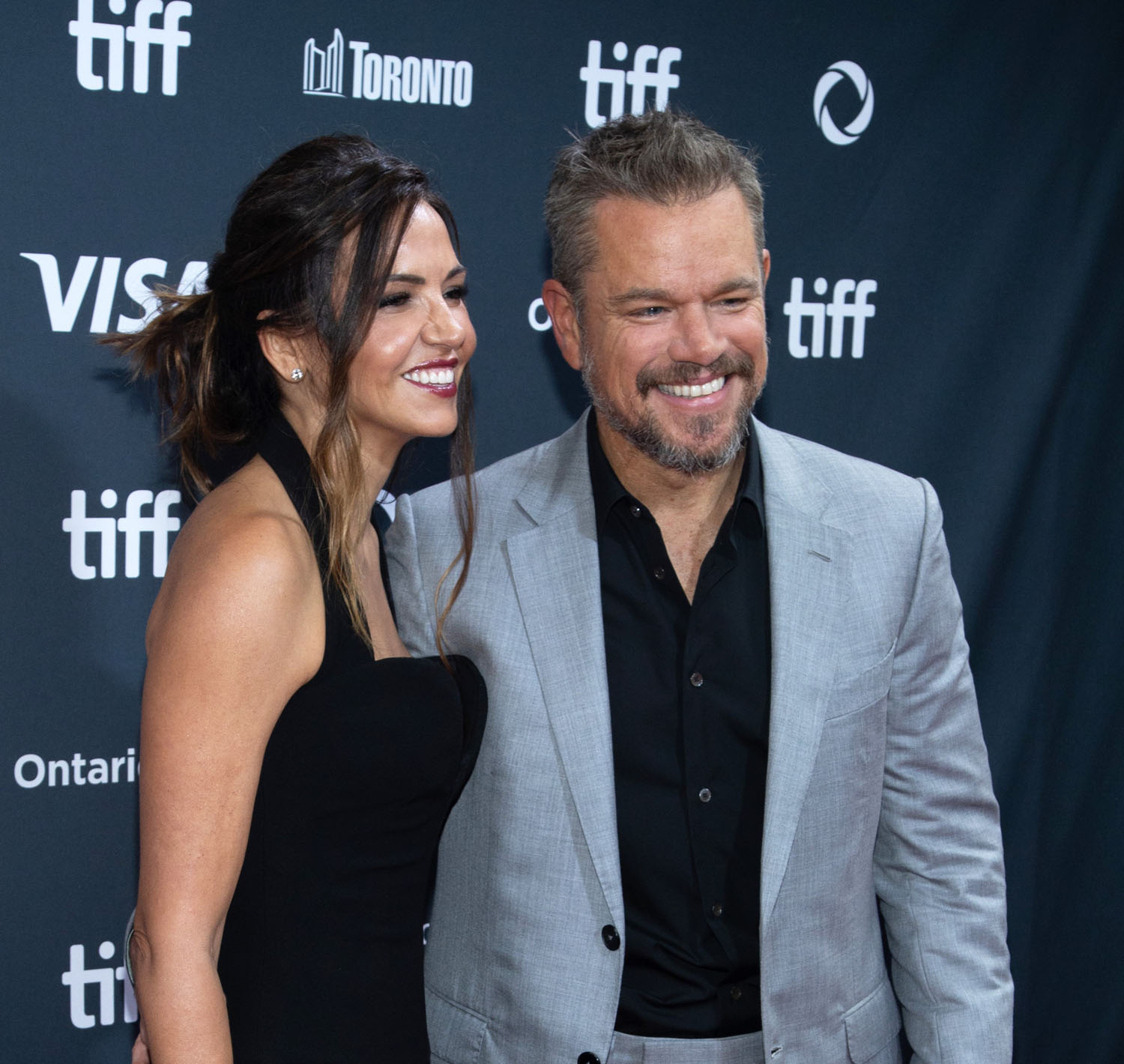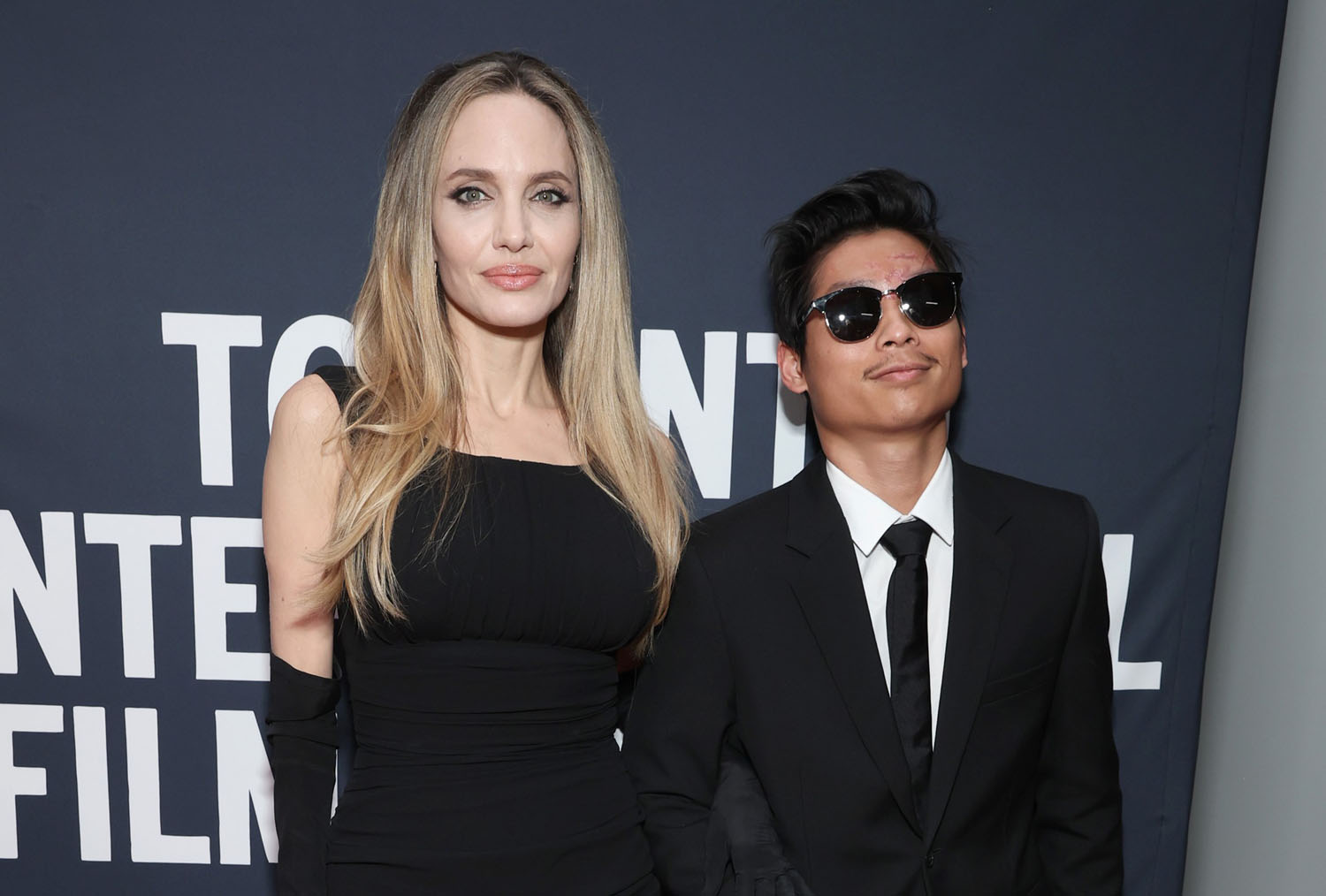TIFF Review: Unstoppable


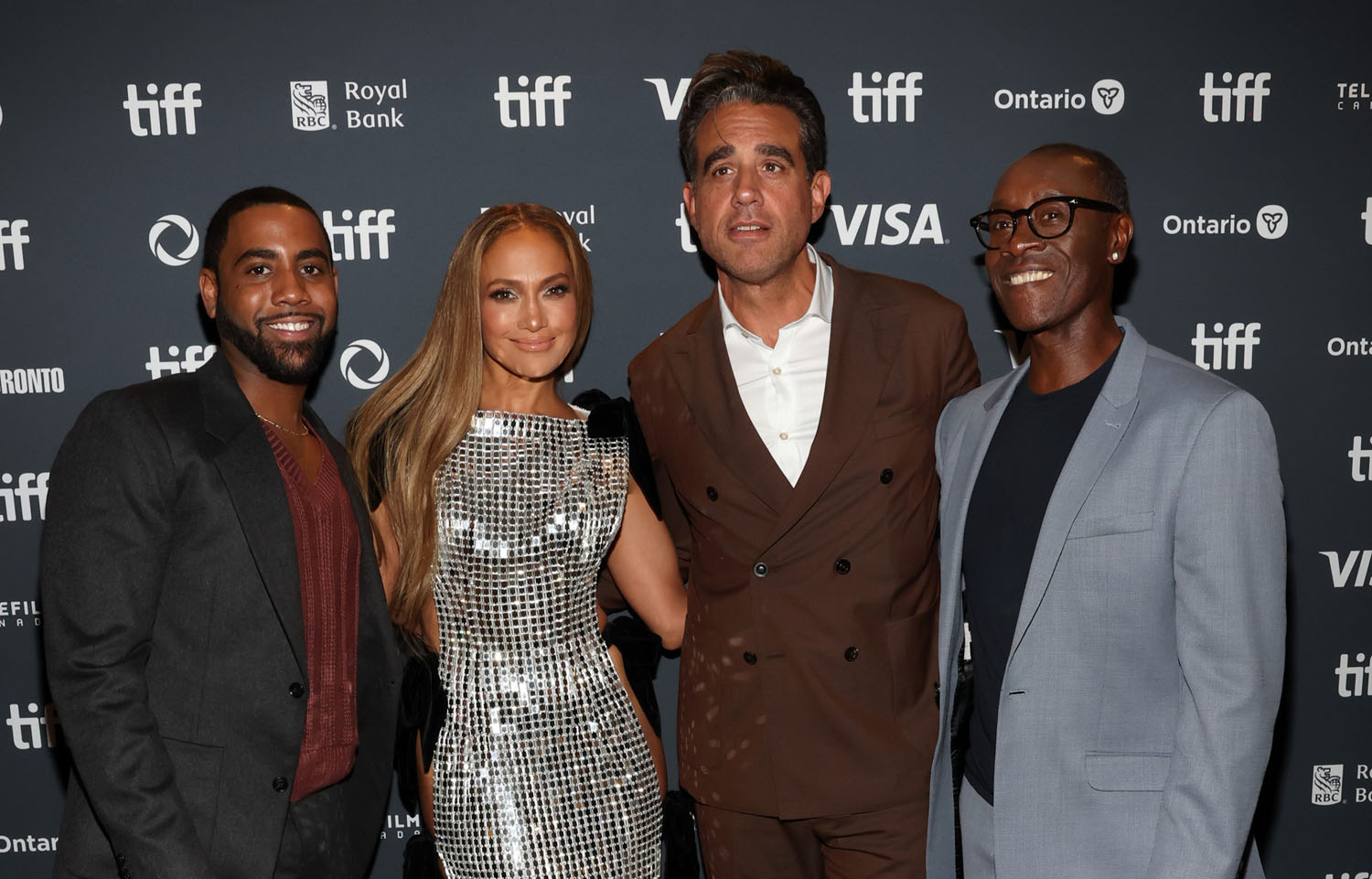
Here I am being a grump about a well-intentioned film again. But as with We Live in Time, the issue with Unstoppable is how extremely well-trod the genre is, and how the film does not find a way to inject new life into it.
Unstoppable is an underdog sports drama centered on Anthony Robles (Jharrel Jerome), a collegiate wrestler born with one leg. Despite winning a national championship in his weight class in high school, Anthony is not recruited by any of his top choices for college, including the University of Iowa, which has a legendary wrestling program. Instead, he turns down a free ride to Drexel University—which has produced no wrestling champions—to walk on at Arizona State University, which both puts him in a champion wrestling program, and keeps him close to home.
Unstoppable is based on Robles’ own memoir (co-written by Austin Murphy), which is adapted by Eric Champnella, Alex Harris, and John Hindman, and is directed by William Goldenberg. You can feel how well-meaning everyone behind the film is, and Robles’ story is certainly inspirational, as he overcomes every obstacle thrown at him, from learning to wrestle with one leg, to withstanding the verbal and emotional abuse of his stepfather (played with toxic tough guy posturing by Bobby Cannavale), to supporting his family while going to school and wrestling. But I cannot escape the feeling that the documentary treatment would have served Robles’ story at least as well as this film, if not better.
The cast is certainly stacked, though. Jerome and Cannavale are joined by Jennifer Lopez as Lady Mom, Michael Peña as Supportive High School Coach, and Don Cheadle as Tough But Fair College Coach, and Shawn Hatosy appears as Mean Rival Coach. I’m certain these characters have names, but I never learned them. It’s only at the halfway point of the film that we hear Lady Mom addressed by her given name (Judy), and the coaches are no more than archetypes that appear in these sorts of films. Hatosy is especially unintentionally funny as the sneering coach of the evil empire Iowa program, spouting off in a documentary Anthony replays while working about how second is as good as last. It’s very Ricky Bobby of him. Perhaps the Iowa coach really said these things, but there had to be a better way to present it in the film than this.
The cast does what they can to elevate these stock characters, though. Jerome has little to do other than grit his teeth with determination as Anthony tackles the next hurdle in front of him, but in lighter moments, he brings considerable charm as a devoted big brother, and he almost gets to make friends with one or two of his interchangeable teammates at ASU. What so many sports movies miss is this teammate angle. The great ones, like Friday Night Lights, understand the team is the heart of a sports film, even if the sport is an individual competition like wrestling. For instance, there’s a moment in which Anthony’s teammates in the wrestling program vote to take less money themselves so that he can be funded a full scholarship, but it comes out of nowhere, there is very little sense that Anthony knows his teammates, let alone likes them, or is liked by them in return.
Similarly, Jennifer Lopez lands in her sweet spot of playing a tough woman in tough circumstances who is nonetheless a soft romantic, keeping a smile on her face for her children in the face of all manner of abuses and degradations. She even gets an Erin Brockovich detour in which Judy learns her past due mortgage is predatory—this all takes place during the 2000s housing crisis—and goes on the offensive against the bank trying to evict her. Like Jerome, Lopez does what she can with what she’s given, but despite the role being beefed up from a typical Lady Mom part, Judy still feels underwritten. Splicing between Anthony and Judy’s respective troubles doesn’t serve either character well, though Jerome and Lopez do what they can to hold it all together.
There’s also the “Rocky problem”, which plagues sports dramas about athletes born after 1976. Yes, Rocky is referenced multiple times in Unstoppable, and while Anthony Robles may well have been inspired by the film, there HAS to be a new way to show the connection, because it makes every sports movie feel the same. The problem isn’t Rocky’s influence on generations of athletes, the problem is every underdog sports drama references Rocky in the exact same way. The minute I saw the steps of the Philadelphia Museum of Art I sighed, knowing we were in for an obligatory shot of Anthony ascending the steps on crutches—in fact, we get two of them.
I was recently reminded of one of Roger Ebert’s go-to mottoes about film criticism: it’s not what a film is about, it’s how it is about it. The problem with Unstoppable isn’t that it’s about an underdog athlete overcoming all to win, or even that it references Rocky. The problem is HOW it does these things, which is very pedestrian and cliché. The film has great actors and gives them little to do, it pushes heartwarming buttons without earning real emotion, it relies on our inherent love of underdogs to cheer for Anthony, when really, his NCAA wrestling career isn’t even the source of his greatest moment in the film. That comes in a domestic scene between Anthony and his wretched stepfather, THAT feels like the fist-pump moment of the film, but we blow right past it, just another formula box to tick on the way to the championship. Unstoppable aims for the heart but falls short of the mark.

